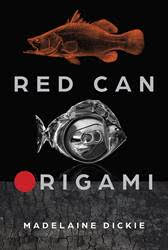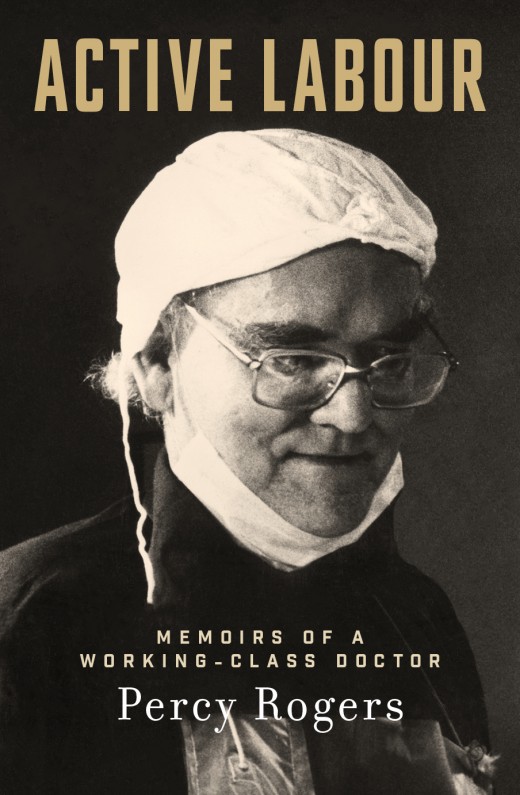Maybe you are reading this article because the final draft of your thesis or academic book/research paper is ready for submission. You have read, researched, written, reviewed, revised, rewritten and carefully edited every sentence, checking that your arguments and research really get you, logically and clearly, from the aims to the conclusions. Now’s the time to hand it over to a professional editor who is experienced in academic editing.
It is common knowledge that when writers read their own work (over and over) they often become ‘blind’ to uneven content flow, repetitions, grammatical and spelling errors. Handing your manuscript or thesis to an editor who has never read it is daunting, but an editor’s ‘fresh eye’ will pick up any mistakes that you may have missed. This last step is important for your peace of mind. You don’t want readers, particularly examiners, to find minor grammar errors and inconsistencies; this sends a message that insufficient care was taken in the final stages of the academic work.
Extensive editing of a thesis is unacceptable and unethical. A supervisor or editor may draw the thesis writer’s attention to issues that may need to be addressed, but should not provide solutions. It is expected that the academic supervisors of higher degree research students will offer their students editorial advice relating to matters of substance and structure. The thesis structure organises the material to create a readable narrative: a flow that will make sense to the reader. This may sound like something that only a writer of fiction would need to know, but it is the most important lesson any writer can learn. If you keep a narrative flow in mind as you write your thesis, you will turn a good thesis into an excellent one (source: How to Write a Better Thesis, Evans, Gruba, Zobel, 2011).
If you pay for the services of an editor, be prepared for constructive criticism of your writing. Writing that is left unchecked (unedited) will undermine the value of your all your hard work … and your reputation. A recent review of the book, Sexual Revolution: Modern Fascism and the Feminist Fightback, copped a stinging review: ‘The book is littered with editorial errors, undigested ideas and passages that are perplexing if not comical …’ Ouch!
What I do when I’m asked to copyedit an academic book/paper or thesis:
*I make sure that the writing is free from punctuation, capitalisation and grammatical errors. Punctuation may need to be added to a sentence to improve clarity, or the incorrect punctuation may have been used. Capitalisation is often a contentious issue; basically, if the word isn’t a proper noun then don’t capitalise, but I always advise scholars to check with their publisher/supervisor, who may have other ideas of when to capitalise and when not to (I have written about capitalisation here and here).
*If necessary, I make suggestions for improvement of sentence and paragraph construction. I often point out verbose paragraphs (which doesn’t necessarily impress peers and examiners!). Simple, direct words and sentences that reflect critical thinking impress more than wordy, obscure, roundabout language.
*I check that each paragraph introduces one main idea. Does every sentence in the paragraph help to develop that main idea? I also check for redundancy and repetition.
*I always advise that when expert scholars are quoted for the first time, their area of expertise should be mentioned (e.g., Feminist geographer, [insert name] …).
*I check for style guide inconsistencies, particularly in citations and the bibliography. Sometimes I suggest that a citation may have been missed.
*I advise finding out whether it is acceptable to use the first-person point of view (I observed that …). In general, thesis writers are encouraged to use the impersonal passive constructions of the third-person POV; e.g., It was observed that …
After the copyediting has been returned to you, and once you have completed the laborious review process (again!), which may involve minor improvements and corrections, I recommend that you return the final draft to me for a proofread. New errors have a habit of creeping in once the messy red mark-ups are erased and changes made.
Don’t take short cuts when facing the final hurdle—stay committed to submitting the best thesis/academic paper/book you are humanly capable of. You can rely on a human editor!
Here are a few comments by academics who have used my copyediting service:
I have worked through most of the first six chapters and am so appreciative of the editing. The feedback is invaluable. This has helped to move forward. PhD thesis, Karen Felstead, Lecturer in Literacy, School of Education, Federation University.
Thank you for all the good work, Denise. I am most grateful for what you have been doing! The comments are wonderful and very useful.(Assoc. Professor David R. Marshall, editor, ‘The Site of Rome: Studies in the Art and Topography of Rome 1400-1750. Melbourne Art Journal 13)
I would also like to thank Denise for her incredible help in the proofreading process during the last leg of this journey. (K. Frangos, Honours thesis, The Univesity of Melbourne)
Academic Editing and Proofreading
Requesting a Quote
If you would like a quote to copyedit/proofread your academic book, paper or thesis, please contact me. My email address is denise@denisemtaylor.com.au
Academic writing requires the editor to adhere to the preferred style and referencing of the university department or publisher.
Photo by Miguel Henriques on Unsplash






